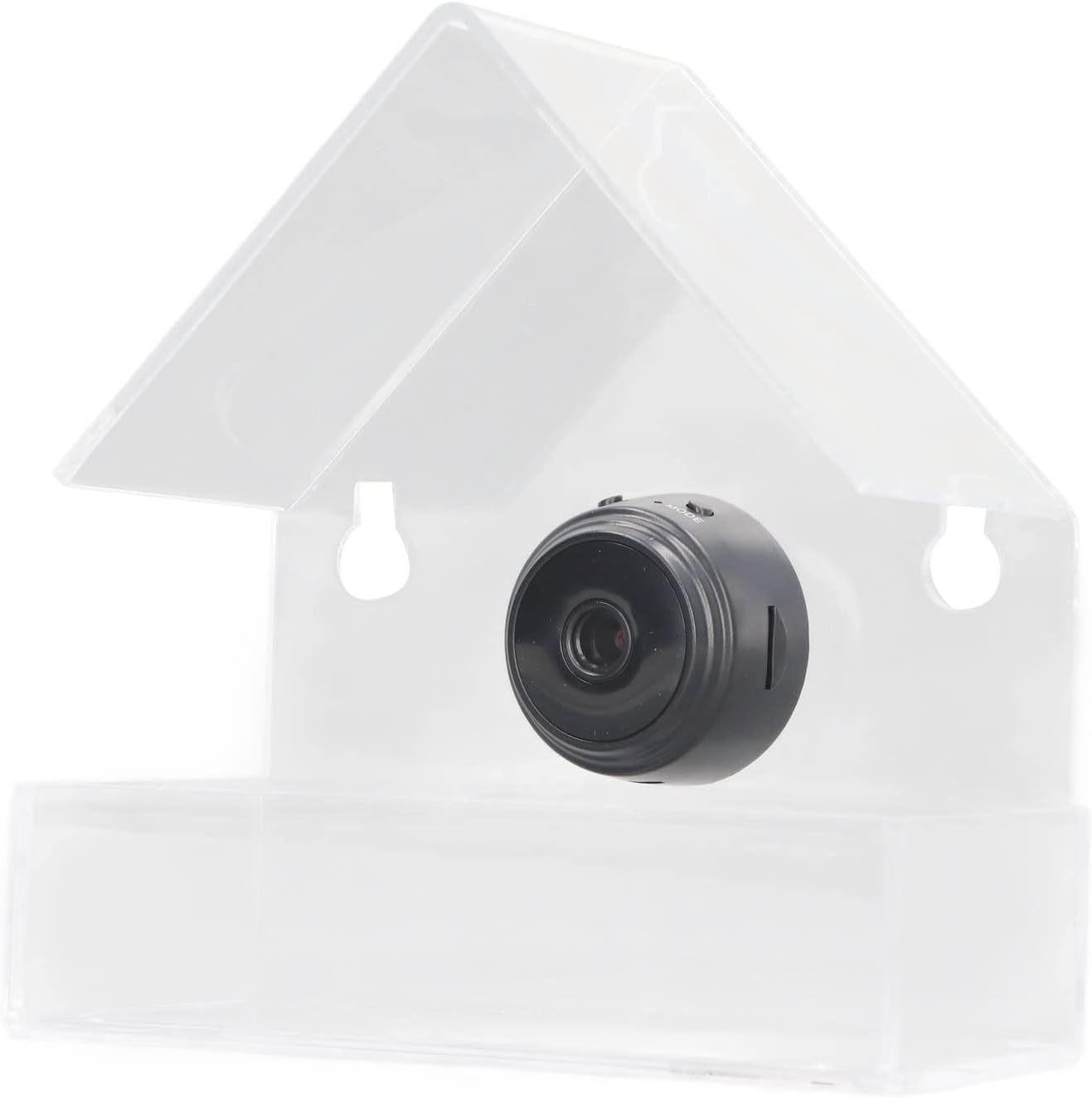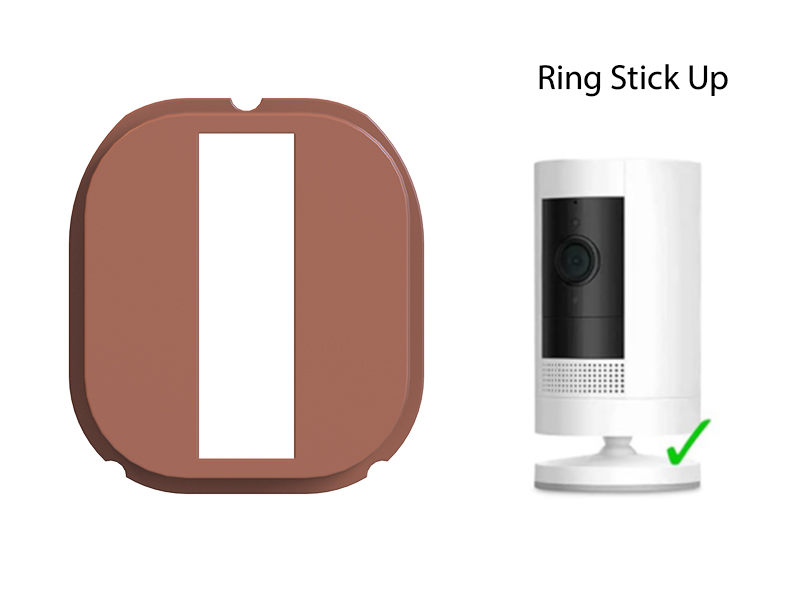So, you’re in the market for a new vehicle, and you need something with some serious muscle. Whether you’re towing a boat, hauling a camper, or simply need the confidence of ample power for everyday driving, understanding torque and towing capacity is crucial. This guide will help you navigate the complexities of engine options, torque specifications, and towing capabilities, ultimately guiding you to the perfect vehicle for your needs.
Why Torque Matters: More Than Just Horsepower
While horsepower often gets the headlines, it’s torque that truly reveals a vehicle’s pulling power. Horsepower measures the engine’s power output, while torque measures the engine’s twisting force—the ability to get things moving and keep them moving, especially under load. Think of it this way: horsepower gets you to speed, but torque keeps you there, particularly when climbing hills or towing heavy objects. A high-torque engine provides effortless acceleration and a smoother, more controlled towing experience. Low-end torque is especially important for towing, as it provides the power needed to overcome inertia and maintain momentum when pulling a heavy load uphill.
Understanding Engine Options: Gas vs. Diesel

The type of engine significantly impacts torque and towing capacity. Diesel engines are typically known for their higher torque output at lower RPMs, making them ideal for heavy towing. Their robust build allows them to handle sustained heavy loads. Gasoline engines, while generally less expensive to purchase and maintain, often produce less torque, especially at lower RPMs. However, advancements in gasoline engine technology have led to some impressive improvements in torque output, making them viable options for lighter towing needs.
Hybrid and electric options are also increasingly popular, offering varying levels of torque depending on the specific model. Hybrids often combine the power of a gasoline engine with an electric motor, providing extra torque for acceleration and potentially improved fuel economy. Electric vehicles can boast exceptional instant torque, providing rapid acceleration, though their towing capacity may be limited depending on the model.
Decoding Torque and Towing Specs: What the Numbers Mean

Vehicle specifications often list both torque (measured in lb-ft) and towing capacity (measured in lbs). The torque figure indicates the engine’s twisting force, while the towing capacity represents the maximum weight the vehicle can safely tow. It’s crucial to understand that exceeding the manufacturer’s recommended towing capacity can lead to serious safety risks, including loss of control, brake failure, and even accidents. Always check the owner’s manual for specific recommendations based on your vehicle’s configuration (e.g., considering additional weight from passengers and cargo).
Comparing Competitors: Side-by-Side Analysis

Let’s look at a hypothetical comparison between three popular vehicles: a gasoline-powered SUV, a diesel-powered pickup truck, and a hybrid SUV. (Note: These are generalized examples and actual specifications will vary by model and year).
| Vehicle | Engine Type | Torque (lb-ft) | Towing Capacity (lbs) |
|---|---|---|---|
| Gasoline SUV | Gasoline V6 | 275 | 5,000 |
| Diesel Pickup Truck | Diesel V8 | 450 | 10,000 |
| Hybrid SUV | Hybrid Powertrain | 300 | 3,500 |
As you can see, the diesel pickup truck boasts significantly higher torque and towing capacity, making it ideal for heavy-duty towing. The gasoline SUV provides a good balance of power and capability for lighter towing needs. The hybrid SUV offers a compromise between fuel efficiency and towing capacity.
Practical Advice for Choosing Your Vehicle

Before making a decision, consider your specific towing needs. What will you be towing? How often will you be towing? What is the typical weight of your load? Answering these questions will help you narrow down your choices. Also, consider the overall driving experience. While high torque is beneficial for towing, it’s also important to consider factors like fuel efficiency, comfort, and handling.
Test drive several vehicles before committing to a purchase. This allows you to experience firsthand the difference in power and handling between different engine types and vehicle classes. Don’t hesitate to ask questions about the vehicle’s specifications, features, and maintenance requirements.
Finally, remember that safety should always be your top priority. Never exceed the manufacturer’s recommended towing capacity, and ensure your vehicle is properly equipped for towing, including the necessary hitches, wiring, and brakes. Regular maintenance is also essential to keep your vehicle in optimal condition for safe and reliable towing.
By carefully considering the factors discussed in this guide, you can confidently choose a vehicle that meets your specific needs and provides the power and capability you require.